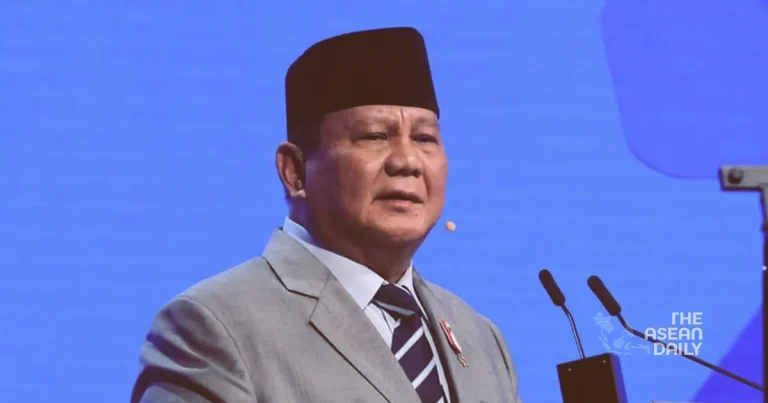25-9-2024 (JAKARTA) Indonesia’s President-elect Prabowo Subianto is set to embark on a significant restructuring of the nation’s government. This comes in the wake of recent legal amendments that have removed the cap on the number of ministries, paving the way for what could be the largest cabinet in the country’s modern history.
Sources close to Prabowo’s coalition suggest that the incoming administration may increase the number of ministries from the current 34 to a record-breaking 44. This dramatic expansion has ignited a fierce debate across the archipelago: Will a larger government prove more effective, or simply create a bureaucratic behemoth?
Proponents of the expansion argue that additional ministries could provide the flexibility needed to address Indonesia’s complex and evolving challenges. Minister of Administrative Reform Abdullah Azwar Anas, speaking to lawmakers, emphasised that the changes would “build an effective and efficient system” and allow the president to form ministries “in line with national interests”.
Prabowo himself has already outlined plans to split the Public Works and Housing Ministry into two separate entities, a move he believes will accelerate his ambitious goal of constructing 1.5 million new homes. Reports also indicate potential divisions of the Environment and Forestry Ministry, as well as the creation of new agencies focused on water security and revenue collection.
However, critics warn that this expansion could lead to a bloated bureaucracy, increased government spending, and potential inefficiencies. Bhima Yudhistira, director of the Center of Economic and Law Studies (Celios), cautioned that additional ministries might “hinder Prabowo’s ambitious economic growth achievement for the next five years” by complicating coordination and processes.
Economic experts are divided on the potential impact. Josua Pardede, chief economist at PermataBank, noted that specialised ministries could enhance crisis response capabilities, particularly in areas such as health, climate adaptation, and food security. However, he stressed that realising these benefits would require “efficient coordination, clear roles, and accountability across the newly formed ministries”.
The financial implications of this expansion are also a cause for concern. With Indonesia already facing a growing budget deficit and undertaking costly projects such as the new capital city Nusantara, the additional expenditure on salaries, operational costs, and administrative structures could place further strain on the state budget.
Some analysts suggest that the move to expand the cabinet may also serve political purposes, allowing Prabowo to “reward” his allies and maintain stability within his broad coalition. While this strategy could smooth legislative processes, it risks prioritising political accommodation over governance efficiency.




